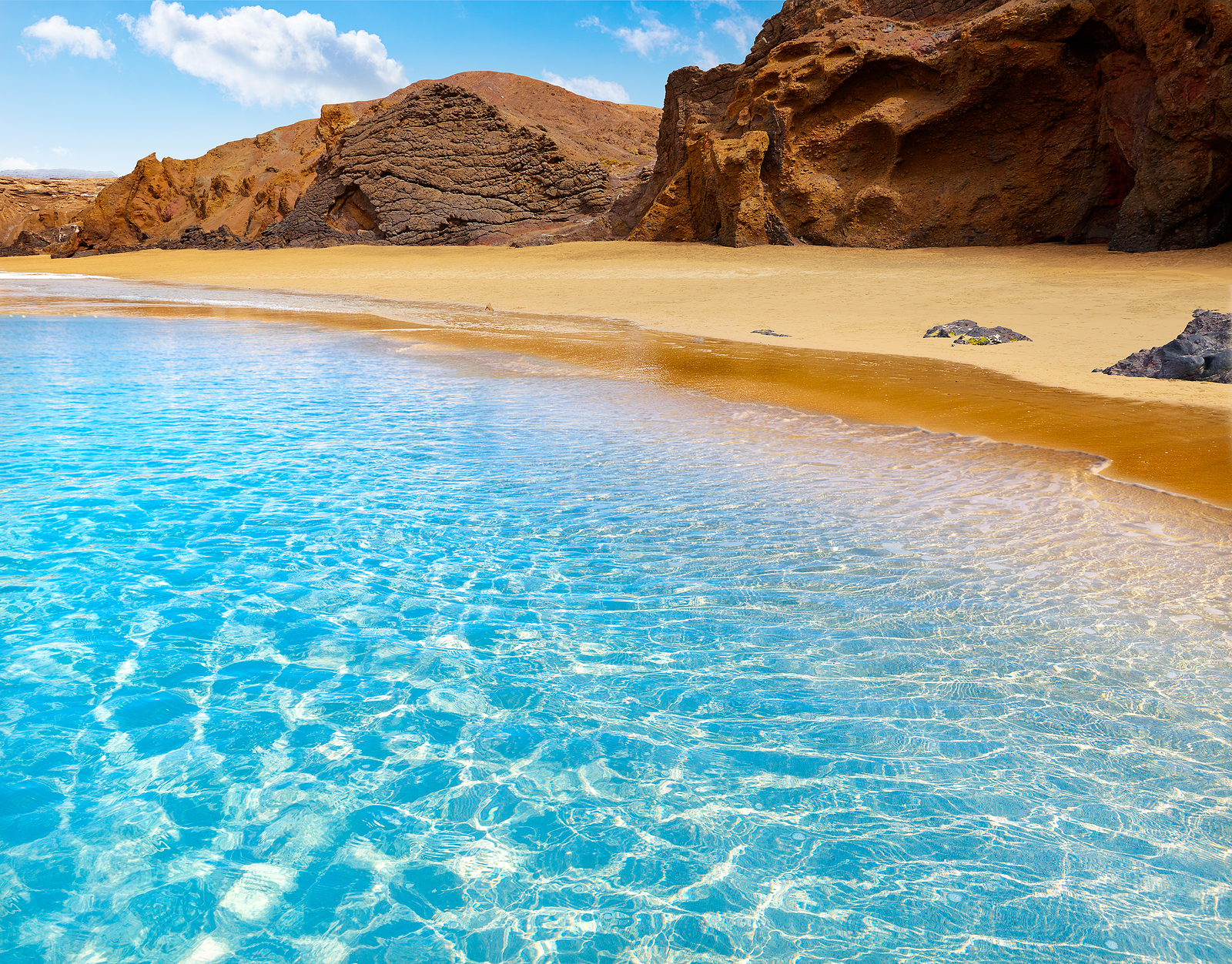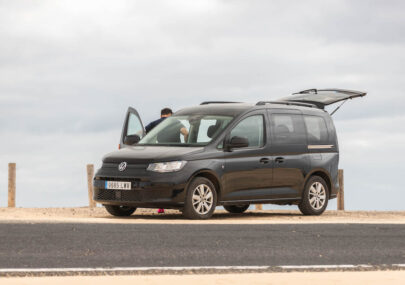
Complete Guide to Homologating Your Camper Van in the Canary Islands
If you’re considering transforming your van into a comfortable camper to explore the incredible Canary Islands, it’s essential to understand the homologation process. In this article, we’ll provide you with a detailed guide to successfully homologate your camper van and comply with all necessary regulations.
When is it necessary to homologate your camper van in the Canary Islands?
Homologation is a crucial step in the process of transforming your van into a camper. It’s important to note that any modifications you make to your vehicle, such as installing windows, skylights, or electrical systems, will require homologation to comply with local traffic regulations.
Is your camper van homologable in the Canary Islands?
The good news is, yes! Most vans can be homologated as living vans in the Canary Islands. Just make sure your camper meets the minimum requirements, such as having a bed and storage furniture anchored to the body.
When and who carries out homologation in the Canary Islands?
The homologation and camperization processes develop simultaneously. However, official homologation is carried out once camperization is complete. Homologation must be performed by a qualified homologation engineer, who will work with you to gather the necessary documentation and ensure that your van meets the required standards. Subsequently, an ITV engineer will review the documentation and conduct an inspection to grant final homologation.
Steps to homologate your camper van in the Canary Islands
- Contact a specialized engineer: Look for a homologation engineer with experience in camper homologation. It’s crucial to establish smooth communication to address all your doubts and ensure compliance with legal requirements.
- Document each step of camperization: Take detailed photographs of every modification you make to your van. This includes the installation of furniture, electrical systems, gas systems, and any other relevant components.
- Required certificates: If your camper has 230V electrical installations or a gas system, you’ll need certificates from an electrician and a gas specialist, respectively. Likewise, make sure to obtain a workshop certificate to validate camperization.
- Prepare the required documentation: The homologation engineer will gather information to prepare the technical project, the final work certificate, and the laboratory report. These documents will be essential for the homologation process.
- Submit the documentation to the ITV: Once you have all the necessary documents, you must submit them to the ITV to schedule an inspection. If everything is in order, your van will be officially homologated as a camper!
Costs and time for homologation in the Canary Islands
The homologation process can involve a significant cost, ranging from approximately 650 to 900 euros, depending on the complexity of the camperization. This cost includes engineer fees, certificates, and the ITV inspection.
Regarding time, the entire homologation process can take around a month. However, the exact duration will depend on the availability of engineers and workload at the ITV.
Conclusion
Homologating your camper van in the Canary Islands is a crucial step to ensure its legality and safety on the road. By following this complete guide, you’ll be able to navigate the homologation process effectively and enjoy your camperization with peace of mind. Get ready to experience unforgettable adventures in the beautiful Canary Islands with your officially homologated camper van!




